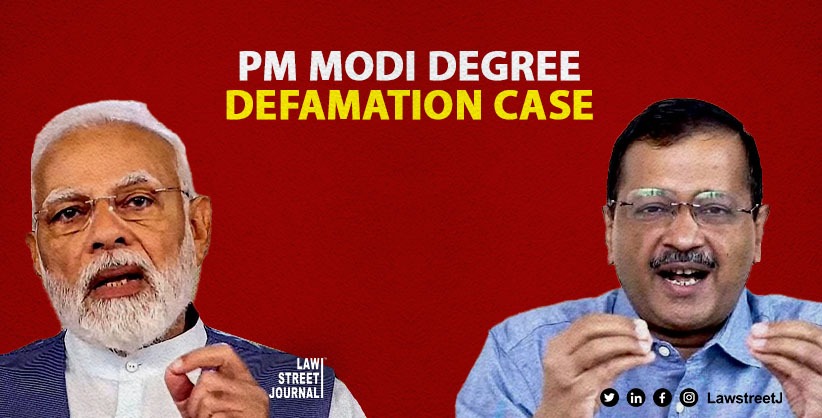While stating it is not befitting a judicial officer, the Gujarat High Court upheld the dismissal of a magistrate who took unauthorised leave after sending an "intemperate" letter to an administrative judge of the High Court and the principal district judge of Vadodara in 2013.
Viewing unauthorized absence of an ordinary employee, may perceive a different perception, a bench of Justices Biren Vaishnav and Nisha Thakore said.
Similar standards cannot and should not be applied in case of a Judicial Officer who abandons his service in defiance by addressing a letter to his Principal District Judge that unless a particular issue is not resolved he shall not report for duty. The report of the committee on the administrative side of this court, has therefore, rightly recorded that such a conduct on the part of the delinquent officer is not befitting the Judicial Officer.
The plea was moved by Nileshbhai Chauhan, a magistrate who took unauthorised leave in 2013. From April 24, 2013 till May 10, 2013, during which the petitioner was on authorised leave, a news article regarding a sudden strike called by lawyers of Vadodara, caught his eye. He informed the principal district judge about it.
Subsequently, he wrote a letter using "intemperate" language stating that the whole judicial system was facing a "rot" by virtue of elements such as the protesting lawyers. Allegations against the principal district judge and the administrative judge of the High Court were also made in the letter. The letter also revealed that Chauhan would not report to work till the issue is resolved and took unauthorised leave from May 13 to July 11, 2013.
The High Court, on the administrative side, recommended his dismissal. And so, in 2015, he was dismissed from service for several reasons - one, for making baseless allegations, two, for using undignified language against the High Court's administrative judge and the principal district judge at Vadodara, and three, for taking an unauthorised absence from duty. Aggrieved, the petitioner moved the High Court challenging his dismissal order.
It was argued that the 2013 letter only indicated the petitioners anguish to the extent that the lawyers were proceeding on strike despite a Supreme Court judgement. The letter nowhere indicated any use of any intemperate or undignified language and therefore could not have been made an issue so as to warrant a charge-sheet.
It was further contended that the petitioner, being an honest and upright officer, the dismissal order was shockingly disproportionate.
Advocate Trusha Patel for the respondents submitted that the penalty of dismissal was just and proper. Even in the past, the petitioner has been in the habit of addressing letters using intemperate language and making baseless allegations. On the 2013 letter, she argued that it was highly unbecoming of a judicial officer to abandon his duties which would tantamount to going on strike.
Noting the rival arguments, the Court observed that a judicial officer could be justified in venting against the system. But in a dignified manner.
Obviously, a judicial officer may be justified in venting his anguish against the system but in doing so the language used in the letter would indicate that he roped in the administrative judge of the High Court and the District Judge in saying that elements were encouraging and cooperating in bringing such a systematic decline, the Court noted while declining to accept the petitioners prayer.







![Supreme Court Affirms Women's Right to Reproductive Choices as Central to Human Dignity [Read Order]](/secure/uploads/2023/08/lj_5007_Right_to_Reproductive.jpg)









